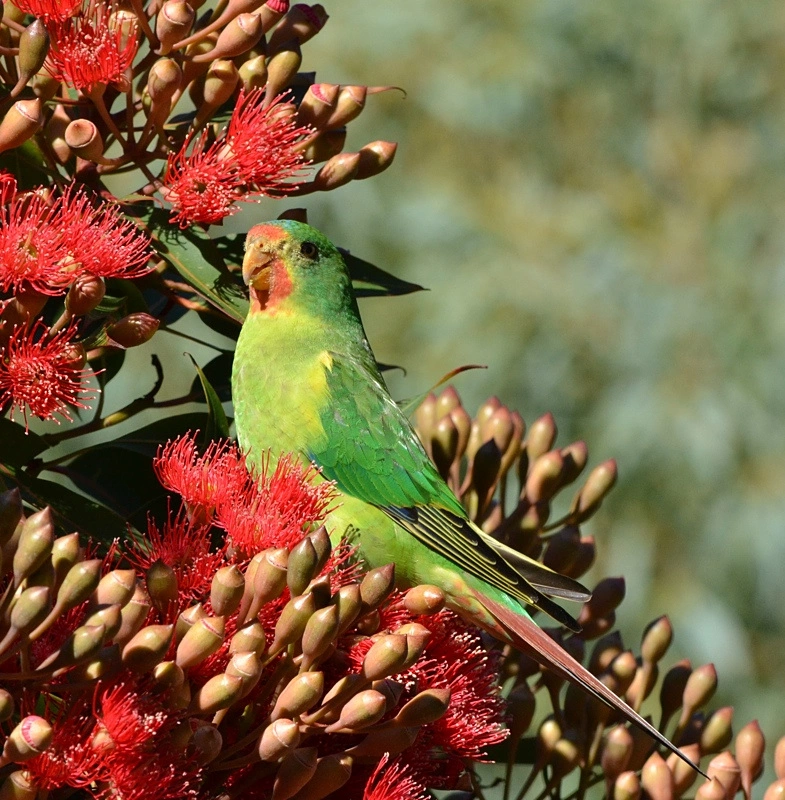Dr Andrew Hingston

About Andrew
Dr Andrew Hingston is an expert in Tasmanian birds.
Background
Andrew grew up on a farm in northern Tasmania, and from a very early age developed a love of birds. He saved enough money from collecting and recycling beer-bottles at the age of 10 to buy his first binoculars, and has been fascinated and committed to birds ever since. He completed a bachelor of science in forest ecology before going on to complete an honours and PhD on aspects of bird ecology in Tasmania. He is currently Honorary Research Associate at the University of Tasmania, has published 30 research papers on the ecology of Tasmanian birds, works as a guide with Inala Nature Tours, and on the conservation of birds with the Bruny Island Environment Network.
Articles by Andrew

The Swift Parrot - An incredible bird

Why old trees are so important for endangered woodland birds

8 critical challenges for saving the Swift Parrot

The open water migration of three rare parrots

Ecology of the Forty-Spotted Pardalote

Bruny and Maria Island critical for Swift Parrot's survival

The incredible diversity of Bruny Island

Saving Forty Spotted Pardalote chicks from blood-sucking maggots!

From discarded bottles to a lifelong love of nature

